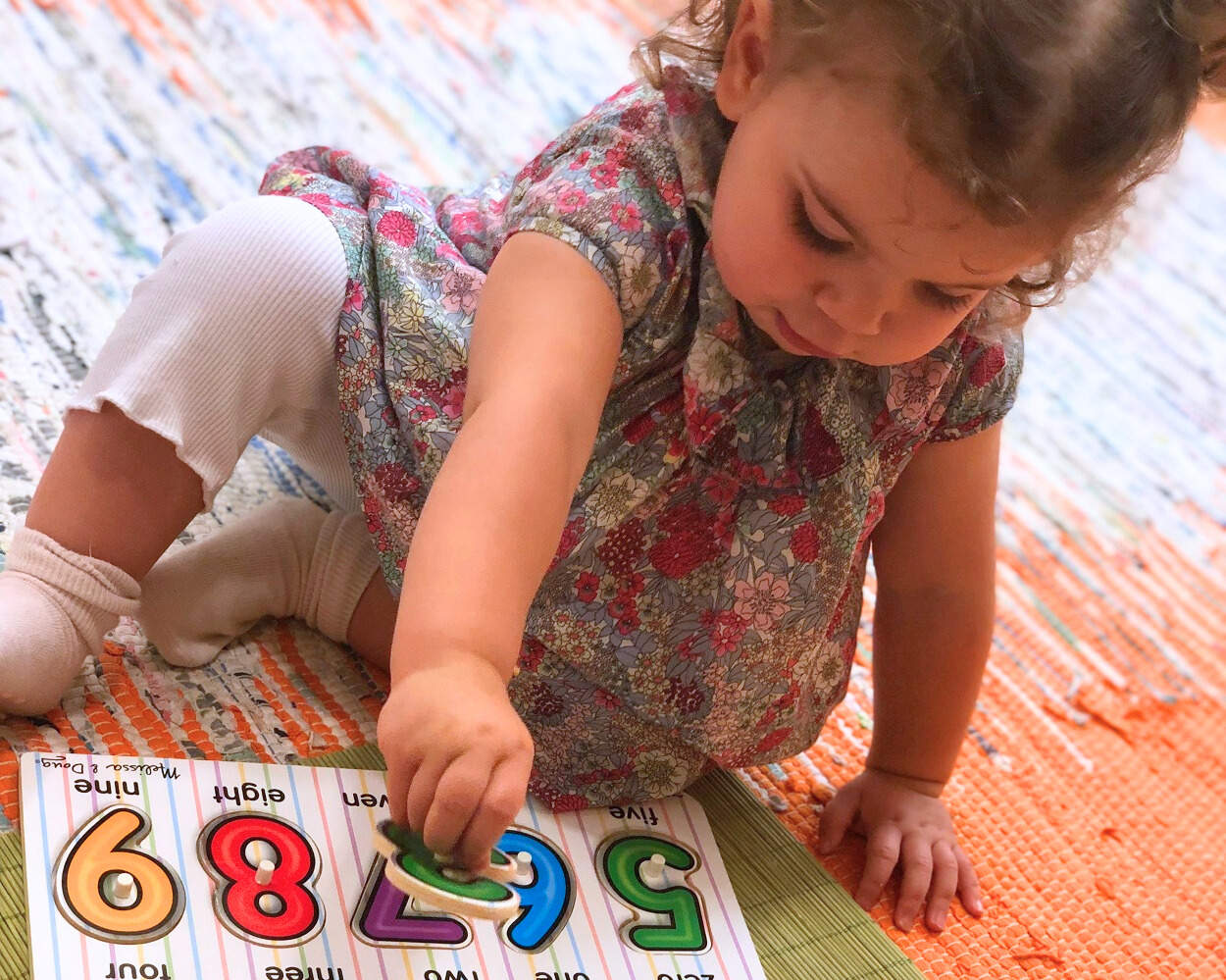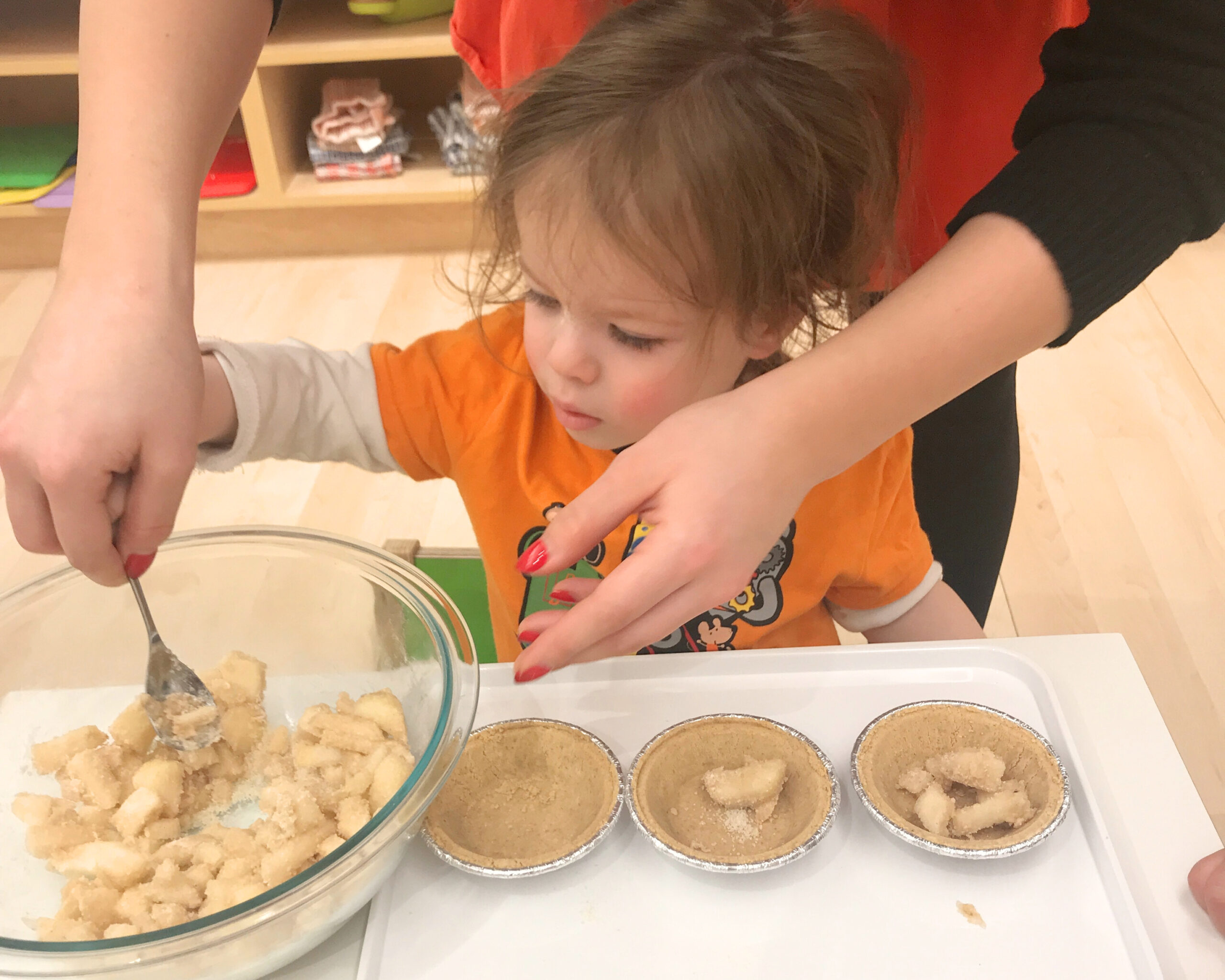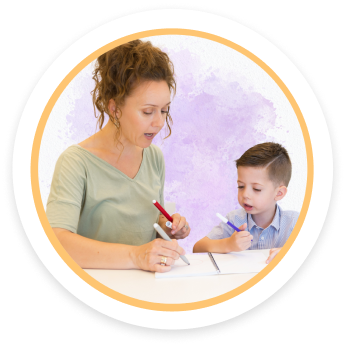When parents wonder when the right time would be for their child to start learning math, all too often they assume it’s when they send the child to an NYC early learning center like Tribeca preschool or similar early-learning institutions. However, the truth is, babies are learning language and spatial concepts from day one. A parent can encourage an understanding of basic preschool math from the moment their child is born — and that can pay off once they enter formal schooling.
These preschool math ‘lessons’ are going to be very basic, but that’s a good thing! You can encourage a baby or toddler to start thinking in terms of math and spatial concepts quickly and easily throughout your day long before you enroll them in an NYC early learning center!
Here are a few ideas:
Count out loud whenever an opportunity arises
Think like ‘The Count’ on Sesame Street! If you’re handing out treats to your child, count them out as you go. “Here’s one baby carrot… two baby carrots…” and so on. You can do this at literally any time you’re going through a process that involves one-by-one procedures: placing utensils at dinner, putting toys in a toy box, etc. Even something as basic as counting legs as you put pants onto your child can help reinforce these basic counting concepts and encourage an understanding of preschool math.
Use lots of spatial and temporal descriptors
Words like “near,” “far,” “soon,” “later,” and so forth are extremely important for developing your baby’s ability to discern the relationships between objects, people, places, or events. Try to use these sorts of comparisons whenever you can, since it builds the idea in a child’s mind that relationships between things are at least as important as the things themselves, and this helps with preschool math comprehension.
“The park is really far away!” “Your friend is close, just across the street.” “It’ll be a long time until dinner.” Any comments along those lines will help develop their brain and help them when they start attending an NYC early learning center!
Reinforce a sense of time-keeping
Knowing how to tell time and understanding the importance of things happening at specific times, is another extremely important preschool math concept for children to start comprehending (and we talk about some visual timer options in Playgarden Online’s The Importance of Staying on Task!) Whenever possible, discuss events with specific time increments involved. “We will be eating dinner in two hours,” or “You were playing with your toys five minutes ago.”
Also, this has a side effect of reinforcing verb tenses, one of the most difficult aspects of learning English. Be sure to use proper grammar when talking about the past and the future.
Our Tribeca Preschool Can Help Your Child Succeed
Playgarden Prep Tribeca is a highly acclaimed Tribeca Preschool and NYC early learning center — we want to help your child succeed! Click here to learn more.




